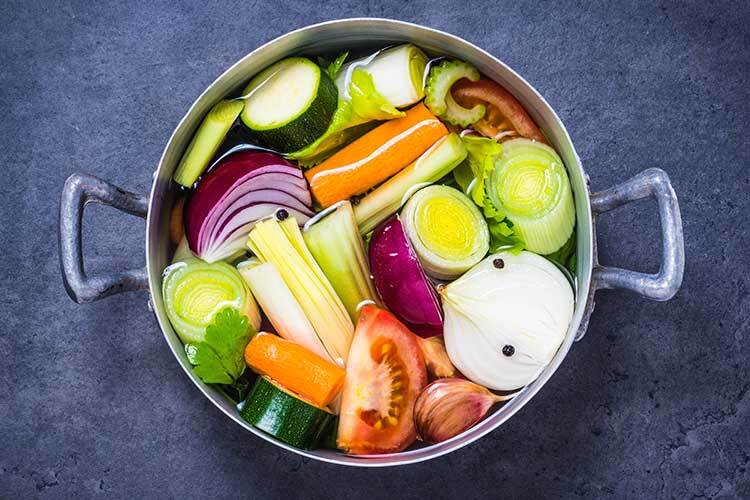Micronutrients –vitamins and minerals– are essential to our health because they participate in different cellular activities. For example, folate -also known as vitamin B9- prevents us from having diseases such as anemia or Alzheimer’s, but do you know the foods where you can find it? And what practical things you can do to obtain them?
First, it is important to know that “humans cannot synthesize them (micronutrients), we must consume them through food,” says Rocío Díaz de la Garza, research professor at the Institute for Obesity Research (IOR).
This means that, unlike other vitamins -such as vitamin D, which we obtain from the sun– we have to consume micronutrients through the food we eat. However, it seems that we are not doing it well because globally, 2 billion people live with deficiencies of them, according to data from the World Health Organization (WHO).
These micronutrient deficiencies are known as hidden hunger and have serious repercussions, such as fatigue, muscle weakness and impairments in cognitive development, to name a few.
At the seminar Obesity and vitamin imbalance: Do we need to revisit intake recommendations for metabolic health? from IOR, Díaz de la Garza and Erika Castaño-Moreno, research professor at IOR, explained the relationship between conditions such as obesity and the loss of vitamins.
In particular, they focused on folate. Its deficiency has been associated with diseases such as anemia, Alzheimer’s, cardiovascular diseases and some types of cancer.
In addition to the fact that many people live with micronutrient deficiencies, recent studies have found that women with obesity or pregestational -before pregnancy- diabetes have lower levels of folate than those who do not suffer from them.
For this reason, experts consider that it is important to implement public health interventions that seek to reduce these deficiencies.
Why is folate (vitamin B9) important?
Throughout her career, Díaz de la Garza has focused on studying folate, from how plants synthesize it, to how humans metabolize it, and what we can do to avoid deficiencies.
One of the most popular interventions is taking folic acid supplements, particularly recommended for pregnant women, which helps increase its levels in blood.
However, we all need to consume folate and questions have been raised about how much of the folic acid taken in supplements or fortified flours is actually used by the body.
“Unmetabolized folic acid is being found in many blood samples,” says Castaño-Morena.
To date, it is not entirely understood why it is not completely metabolized or why some conditions, such as obesity, cause a loss of vitamins.
Studying it is part of some of the experts’ future goals, as well as finding ways to increase folate density in plants using pre- and post-harvest techniques, as well as genetic engineering.
Meanwhile, they recommend eating large amounts of foods that contain the vitamin naturally: “Young tissues, such as seeds and leaves, will have the most,” says Díaz de la Garza.
Practical Advices to Increase Folate Intake
Among the practical recommendations to increase folate intake are eating leaves -such as spinach- and seeds -such as beans, lentils or peas- in abundance.
Some of the fruits that contain it in greater quantities are papaya, avocado and oranges. Among the tubers are potatoes, as long as they are consumed with the peel.
“There are a lot of folates in the coating part; so prioritize whole grain rice, for example,” explains Díaz de la Garza.
If, in addition, we soak the grains in water overnight before consuming them, that can stimulate the release of large quantities of the vitamin. “You are telling the seed that it is going to germinate soon, so it begins to prepare all the machinery for cell division, and produces more,” he says.
Steaming vegetables prevents vitamin loss, compared to making them in broth or cooking them.
“If you are going to make them in broth, you have to drink it, because a lot of micronutrients can be lost there,” he says.
Placing emphasis on a healthy diet, abundant in fruits and vegetables, can have positive consequences in the lives of all people.
However, “this is especially important in the first thousand days of an individual: the nine months of pregnancy and the first two years of life,” says Castaño-Morena. “It is a window of opportunity in which we can greatly reduce the risk of people suffering from chronic non-communicable diseases.”
Were you interested in this story? Do you want to publish it? Contact our content editor to learn more marianaleonm@tec.mx















